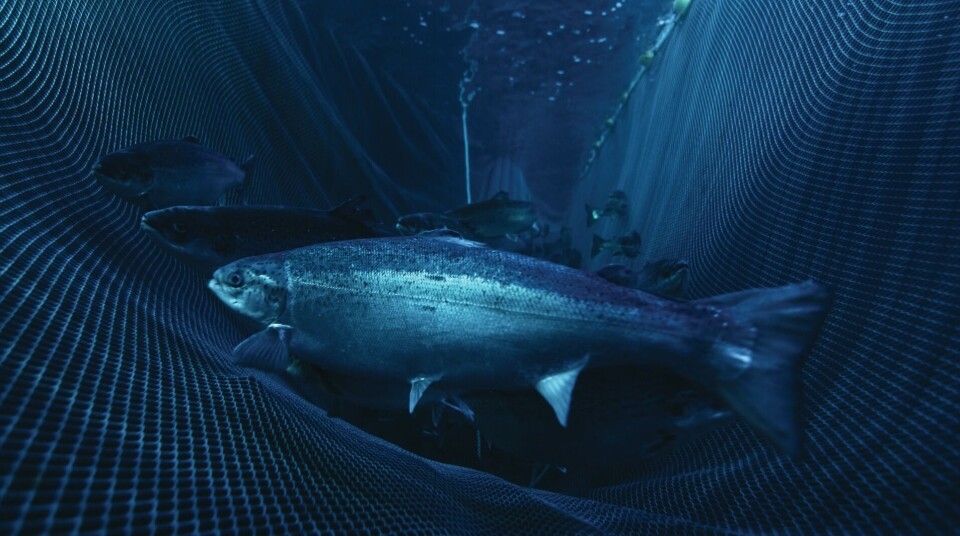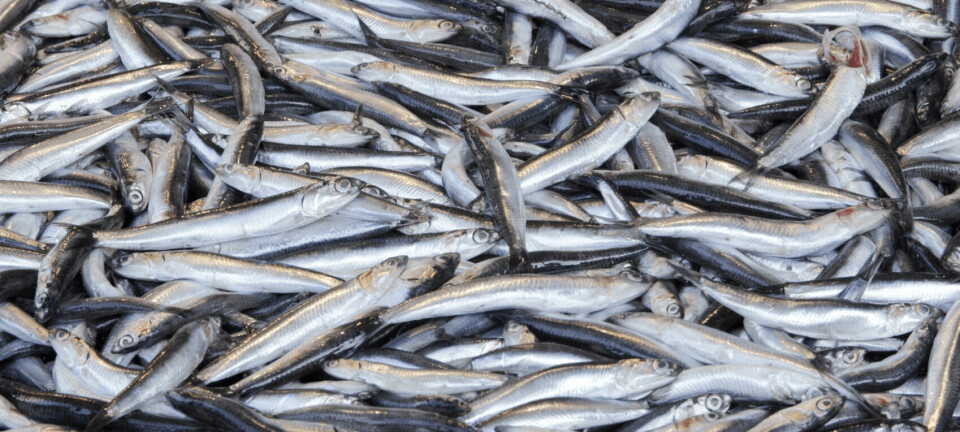
Farmers delay harvests as coronavirus hits markets
Scotland’s salmon farmers are asking regulators to ease biomass limits as they delay harvesting because of the coronavirus outbreak.
The virus initially led to a significant reduction in exports to China, where the outbreak began, and a number of key markets are now facing restrictions as the disease has spread.
As a result, farmers are keeping fish in the water for longer, which means they could breach biomass limits set by the Scottish Environmental Protection Agency (SEPA) as the fish continue to grow.

Restrictions
Hamish Macdonell, strategic engagement director for the Scottish Salmon Producers’ Organisation (SSPO), said: “Our top priority is, and always will be, the health and wellbeing of people everywhere and this includes those working in our sector and our customers. That is why we are determined to play our part in ensuring this crisis eases as quickly as possible.
“However, as the UK’s top food export, Scottish salmon is prominent in a number of key markets which are now facing restrictions – of various sorts – because of the coronavirus outbreak.
“This has led to problems in getting salmon to our customers in different parts of the world, problems which are likely to get worse before they get better.
“As a result, we are working with the Scottish and UK governments and environmental regulators to keep fish in the water for longer, where this is appropriate, and looking at other measures to give our members more flexibility in dealing with these market disruptions.
“It has so far been relatively straightforward working through these measures as the preparatory work was done ahead of a possible ‘no deal’ Brexit last year, when similar market problems were anticipated.
Strong UK market
“It is worth noting, however, that the UK market for salmon remains strong at the moment as customers stock up in anticipation of further restrictions at home and some of our member companies are looking actively at market substitution as a way of coping with the ongoing drop off in demand from other parts of the world.
“We will continue to monitor the situation very closely and work with the authorities to do all we can to minimise the disruption caused by this worldwide crisis.”
US President Donald Trump last night announced that people from the 26 European countries that make up the Schengen border-free travel area, including Norway and Iceland, would be banned from entering the US in a bid to combat the spread of coronavirus, which has so far killed 38 people there.
The ban does not apply to people from the UK and Ireland, nor to goods from the Schengen area. However, much of the fresh salmon exported to the US is flown in the cargo bays of passenger jets, and the ban could therefore mean fewer such flights from Europe.




















































